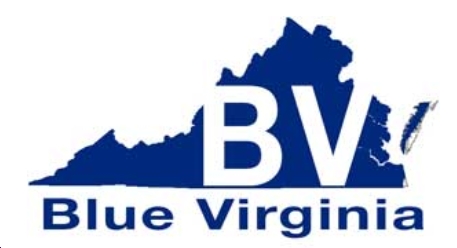advertising
Sponsored content
DC joins seven states in fighting corporate tax fraud

Tax evaders have existed for as long as there has been taxes. Washington DC has joined seven states – Delaware, Florida, Nevada, Illinois, Indiana, Rhode Island, and New York – to make wealthy businesses and individuals more accountable for their fair share.
The False Claims Act was first passed in 1986, but it did not cover tax fraud, which has caused the tax gap to grow exponentially. Washington DC plans to enlist the help of whistleblowers to crack down on tax fraud from the multinational corporations that plague the city’s tax system.
The false claims law
The False Claims Act works in three steps to reform tax law at the national level. The first step is to remove the control block introduced in 1986. The poor wording of the law resulted in courts ruling that the tax block only applies to US government money claims. This loophole allowed contractors and wealthy corporations to lie about their payments to the United States without breaking the False Claims Act.
Some states have decided to abolish the tax bar so that their legal systems can target large-scale tax fraud within their borders. However, every federal state handles its cases differently. Delaware, Florida, and Nevada have no specific false claim restrictions. However, Illinois, Indiana, and Rhode Island have retained the tax limit for income tax, but not for other taxes. Washington DC has mimicked the New York scheme to allow people with inside information to report fraud to the Taxpayer Protection Bureau in order to receive part of the cut.
This is where the second step of the False Claims Act comes in: recruiting whistleblowers. Whistleblowers work within the company and report any white-collar crime to the United States, usually for a cut in money. In one single case, New York got back $ 330 million in unpaid taxes from Sprint Corporation alone. The whistleblower received more than $ 62 million for reporting the fraud.
The primary goal – and the third step of the Falsification Act – is to close the tax loophole. The tax gap is simply the difference between what is owed and what is paid. It measures who does not pay their fair share of taxes. On April 13, 2021, the IRS commissioner reported to Congress that the tax gap had grown to $ 1 trillion a year.
The majority of those who skip their taxes are corporations and the super-rich. The gap is only growing thanks to cryptocurrencies and overseas income that are transforming the economic landscape in America.
progress
As mentioned earlier, several states have begun reforming their tax laws to make fraud detection more efficient. New York has collected $ 467 million in unpaid taxes since 2010. As of 2014, Washington DC has confiscated at least $ 21 million. These advances in tax law have led to significant crackdowns on multinational corporations trying to avoid their fair share.
“American industry is the backbone of our economy,” said John Pontius, founder of Pontius Tax Law, PLLC. “It is time we held them accountable and they started lifting their weight.”
Washington DC enacted the False Claims Act on March 16, 2021. There are some legal regulations for whistleblowers. Whistleblowers can make a false claim if the offending party has more than $ 1 million in taxable income and has avoided paying at least $ 350,000 in tax. These specifications ensure that the law’s targets are wealthy businesses and individuals.
There is no paywall at Blue Virginia, and we definitely want to stay that way! If you would like to support our work, you can donate here – thank you! You can also subscribe to our weekly email list here. 